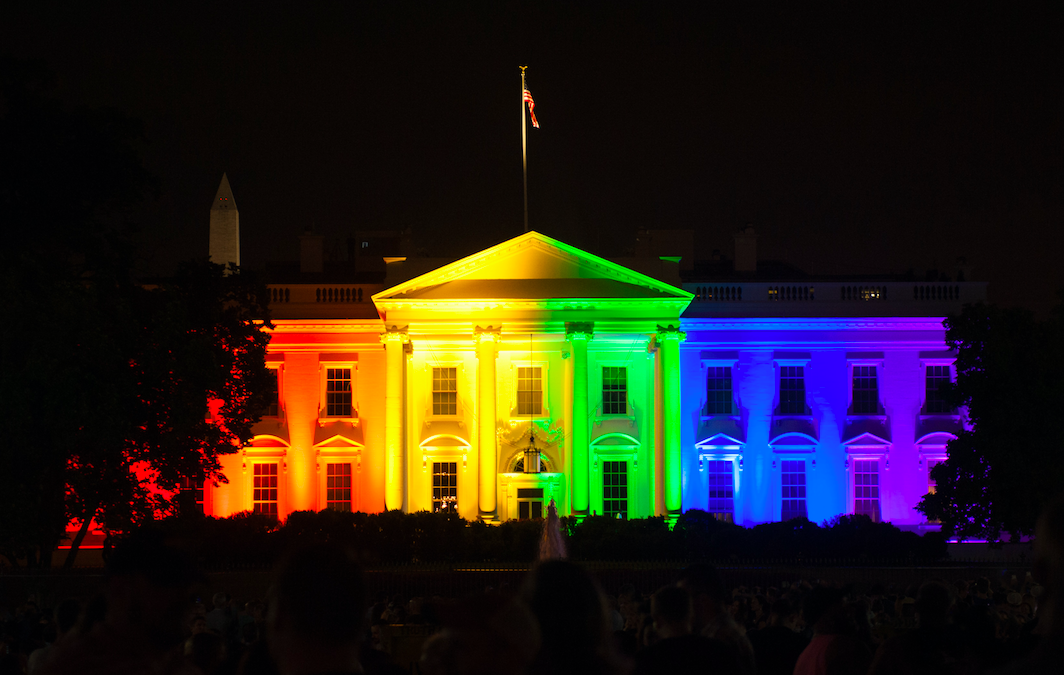Despite previously aggressive pushback from Republican lawmakers, the US House of Representatives passed the Equality Act on Friday, May 17.
This bill ensures protection for LGBTQ+ peoples from discrimination in housing, the workplace, public accommodations, and other settings.
“Most Americans know, that this fight for equality is on the right side of history,”Congressman Alan Lowenthal said in April. “It is the direction our nation must move. We have come so far in the last few years in this struggle, but we have to keep fighting. It’s not enough to have a majority agree. We have to create a world where no one would even question the equality of all Americans. It’s going to be a long journey, but passing the Equality Act will be remembered as one of the milestones on that march forward.”
The bill was introduced to The House of Representatives with 287 co-sponsors, the most any piece of LGBTQ+ rights legislation has received in history. Furthermore, the Public Religion Research Institute, a nonpartisan research organization, found that approximately 70 percent of Americans supported a bill such as The Equality Act.
“Currently, LGBTQ people are not protected at the federal level from experiencing discrimination in housing, employment, public accommodations, or many other basic aspects of life like jury service and applying for credit,” Executive Director of the Long Beach LGBTQ+ Center, Porter Gilberg, said before the bill was passed. “Further, 28 states currently have no explicit anti-discrimination protections for LGBTQ people. The Equality Act will ensure that LGBTQ people are given the same opportunity to fully and meaningfully contribute to their communities and to our country.”
The bill would address a remaining gap in civil rights laws: While there are already federal laws protecting people from discrimination based on race, religion, sex, and disability, there are no such federal laws explicitly protecting LGBTQ people from discrimination.
The Democratic-controlled House passed the legislation. Advocates were surprised when the bill faced the Republican-controlled Senate.
Friday’s ruling was the first time the legislation has received a full vote from either chamber of Congress, a victory in itself.























